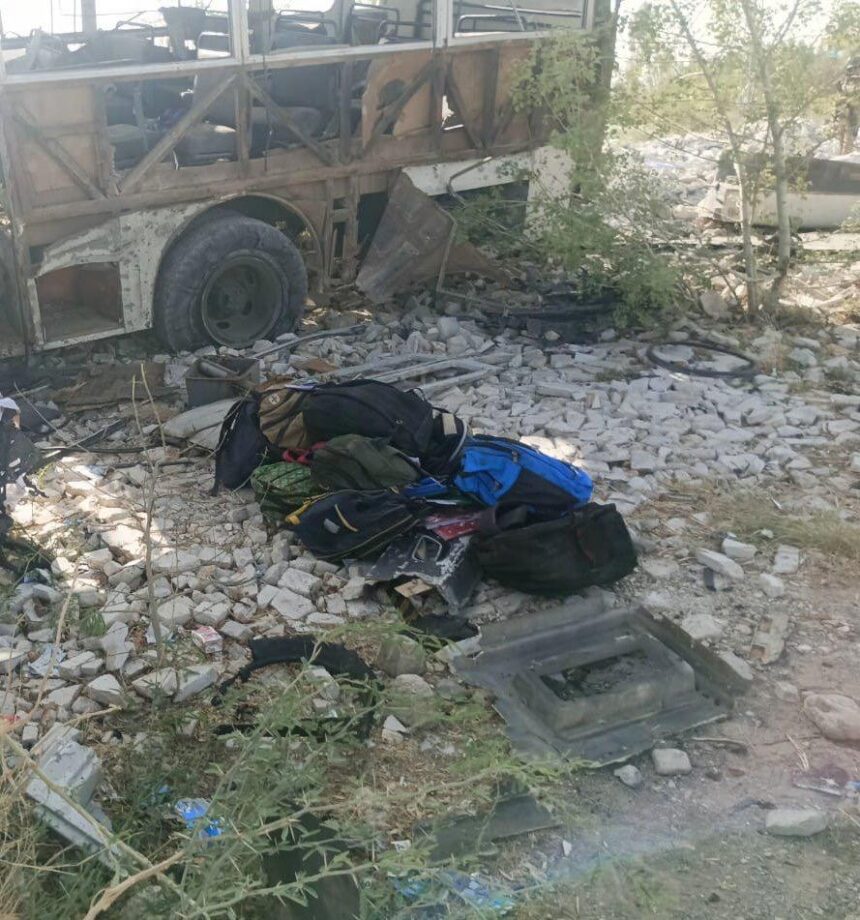I remember it vividly, 16th December 2014. It was a mildly warm day in Karachi, winter not having fully set in yet. We were in math class when a midday assembly was called; everyone was relieved to have been taken out of their dreary lessons for a breath of fresh air. The principal announced that our parents had been called and that there’d be no more classes. Our joy turned to grief when she told us that Army Public School Peshawar had been attacked; grief then turned to terror when she told us, in no uncertain terms, that it could have been us. None of the few hundred of us gathered in the assembly ground of Fazaia College Masroor fully grasped the scale of the catastrophe unfolding on the other side of the country until we got home and saw it live on our television screens.
“We can’t let this happen here,” all us kids said to each other in the coming days, drawing up intricate plans on what we’d do if we were ever attacked.
“This can never happen again,” said the people of Pakistan, coming together in a moment of national crisis.
“This will never happen again,” said the armed forces, launching a major counterinsurgency operation.
Attacks became less frequent; we started living without fear again. It seemed terrorism had become a distant, painful memory.
It’s 2025 now; the last year—the tenth anniversary of the Peshawar Massacre—saw 521 terrorist attacks killing over 850 Pakistanis. The Tehrik-e-Taliban Pakistan (TTP), responsible for killing those 132 schoolchildren in 2014 along with many thousands of others, is now the fastest-growing terrorist outfit in the world. Baloch insurgents, armed and funded by hostile intelligence agencies, took over a train earlier this year and kept its passengers hostage, killing 21 of them. The Americans hastily left Afghanistan three years ago, leaving behind billions of dollars in arms that are now freely traded in a country governed by UN-designated terrorists. The latest victims of this messed-up world were 7 innocent children, four in Waziristan and three in Khuzdar.
The kids in Mir Ali were resting at home with their mother on the 19th of May when a jerry-rigged quadcopter launched by the TTP dropped a bomb onto their home. The children were killed in the ensuing explosion, while their mother succumbed to injuries sustained in the blast. The Waziristan region has long borne the brunt of Pakistan’s war on terror, with many areas even being under de facto Taliban control for some years until Pakistani forces recaptured them in bloody battles; it would seem the fight still isn’t over.
The kids in Khuzdar, little girls on their way to school, were going about their routines on the morning of the 21st of May when a vehicle came up beside their bus and exploded. Many of their schoolmates sustained injuries; the scenes filtering out from nearby hospitals are deeply disturbing; it’s not unlikely that more children might succumb to their wounds. It was earlier this week that the Baloch Liberation Army, one of the major insurgent factions in the area, promised more attacks on the Pakistani Army; the school this bus was headed to was army-run.
Both these attacks and the many others that have preceded them beg the same question: how does this end? In the short term, of course, the answer remains enhanced security, intensification of anti-terror operations in vulnerable areas, and the curtailment of foreign funding for terrorist organisations. However, that is only half of the puzzle solved; the key is to give the people of these vulnerable areas something to keep them happy and away from improvised explosives. The long-term solution, which has seen limited deployment in Waziristan after Operation Zarb-e-Azb, is the provision of much-needed infrastructure and facilities for the uplift of local people. Schools, hospitals, roads, and markets need to be built after the war so that the people can rebuild their lives. The thing about insurgents is that they often have nothing to lose, so they pick up arms; if they have their lives in order, they will think a hundred times before risking that life, and the insurgency will die out when it loses the vacuum which it attempts to fill.
















